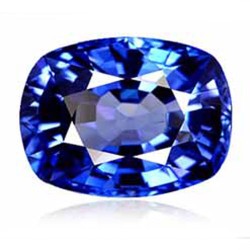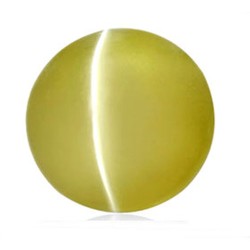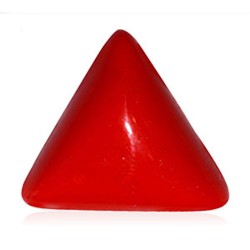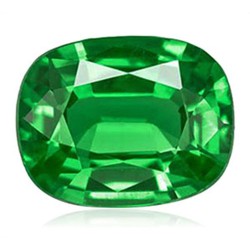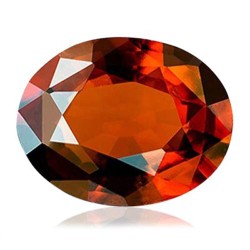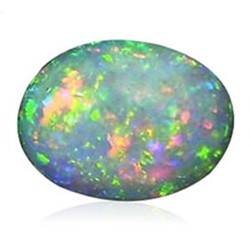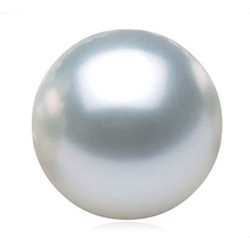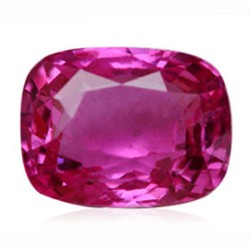Q: Are there any treatments or enhancements commonly applied to gemstones?
A: Yes, many gemstones undergo treatments or enhancements to improve their appearance. Common treatments include heat treatment to enhance color and clarity, irradiation to change color, and filling or coating to conceal fractures or enhance luster. It's important to disclose any treatments or enhancements when buying or selling gemstone jewelry.
Q: How can I determine if a gemstone is genuine or synthetic?
A: Genuine gemstones are naturally occurring minerals, whereas synthetic gemstones are created in a laboratory. Determining if a gemstone is genuine or synthetic may require professional testing by a gemologist using specialized equipment. However, there are some general indicators that can help, such as price (synthetic gemstones are usually less expensive), inclusions (genuine gemstones may have natural inclusions while synthetics may not), and growth patterns (synthetic gemstones may have consistent growth patterns).
Q: What is a birthstone?
A: A birthstone is a gemstone that is associated with a specific month or astrological sign and is often used in jewelry to represent a person's birth month. The concept of birthstones dates back thousands of years and varies across different cultures and traditions.
Q: Can I use gemstone jewelry for everyday wear?
A: It depends on the type of gemstone and the setting. Some gemstones, such as diamonds and sapphires, are relatively durable and suitable for everyday wear, while others, such as opals and pearls, are more delicate and may require extra care. It's important to consider the hardness, toughness, and durability of a gemstone when choosing jewelry for everyday wear.
Q: How can I buy gemstone jewelry with confidence?
A: Buying gemstone jewelry with confidence involves doing research, buying from reputable sources, and asking questions. Learn about the different types of gemstones,


